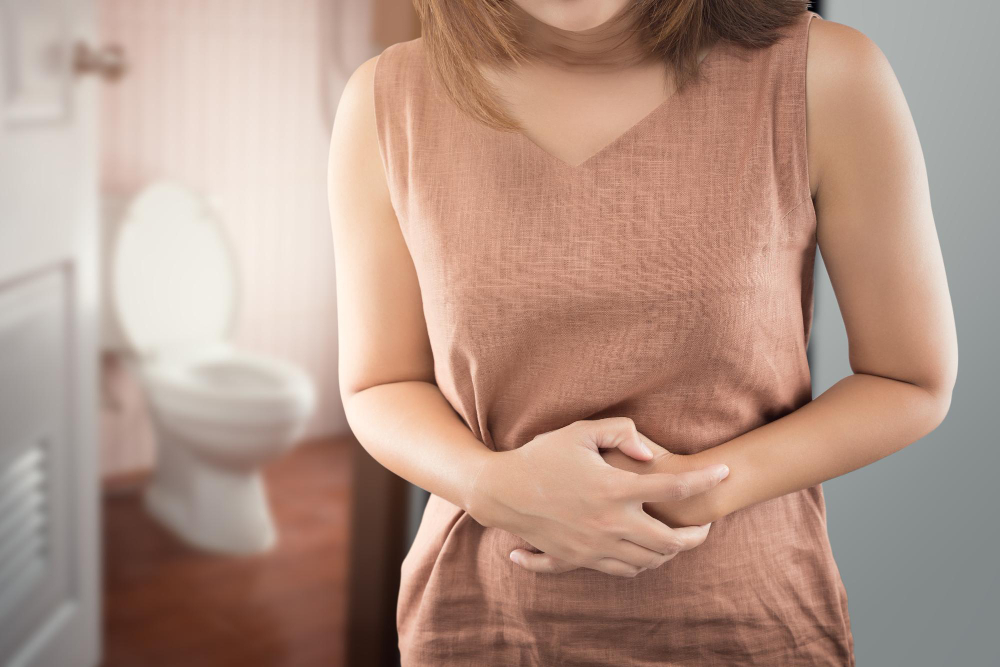What is Diarrhea?
Diarrhea means having loose or watery stools more often than usual. It can last a few days or sometimes longer. Often, diarrhea is mild and goes away on its own. However, it can also lead to dehydration, especially in children and older adults. Because of this, it is important to know how to prevent diarrhea and keep your family safe.
Common Causes of Diarrhea
Many things can cause diarrhea. For example, infections from bacteria, viruses, or parasites are common reasons. Sometimes, certain foods or medicines can upset your stomach. In addition, poor hygiene or unsafe water can increase your risk. Here are some main causes:
Symptoms to Watch For
Most people know diarrhea by its main symptom: frequent, loose stools. But there are other signs to watch for. For instance, you may feel stomach cramps or bloating. Sometimes, you might have nausea or even a mild fever. If you notice these symptoms, it is important to stay hydrated. Watch for:
How to Prevent Diarrhea
Thankfully, you can prevent diarrhea by following simple steps. First, always wash your hands with soap and water before eating or preparing food. In addition, use safe water for drinking and cooking. If you travel, be extra careful with what you eat and drink. Here are some key diarrhea prevention tips:
Lifestyle Tips for Prevention
Besides safe food and water practices, healthy habits can reduce your risk of diarrhea. For example, teach children to wash their hands often. Also, store food at the right temperature to prevent germs from growing. If you take antibiotics, follow your doctor’s advice. Here are more lifestyle tips:
When to See a Doctor
Most cases of diarrhea get better in a few days. However, sometimes you need medical help. For instance, if you have a high fever, blood in your stool, or signs of dehydration, see a doctor right away. Children, older adults, and people with weak immune systems are at higher risk. Seek help if you notice:
In summary, you can prevent diarrhea by following safe food and water practices, keeping good hygiene, and making healthy choices. If you have concerns or symptoms that do not improve, consult a healthcare provider for personalized advice on diarrhea prevention.
